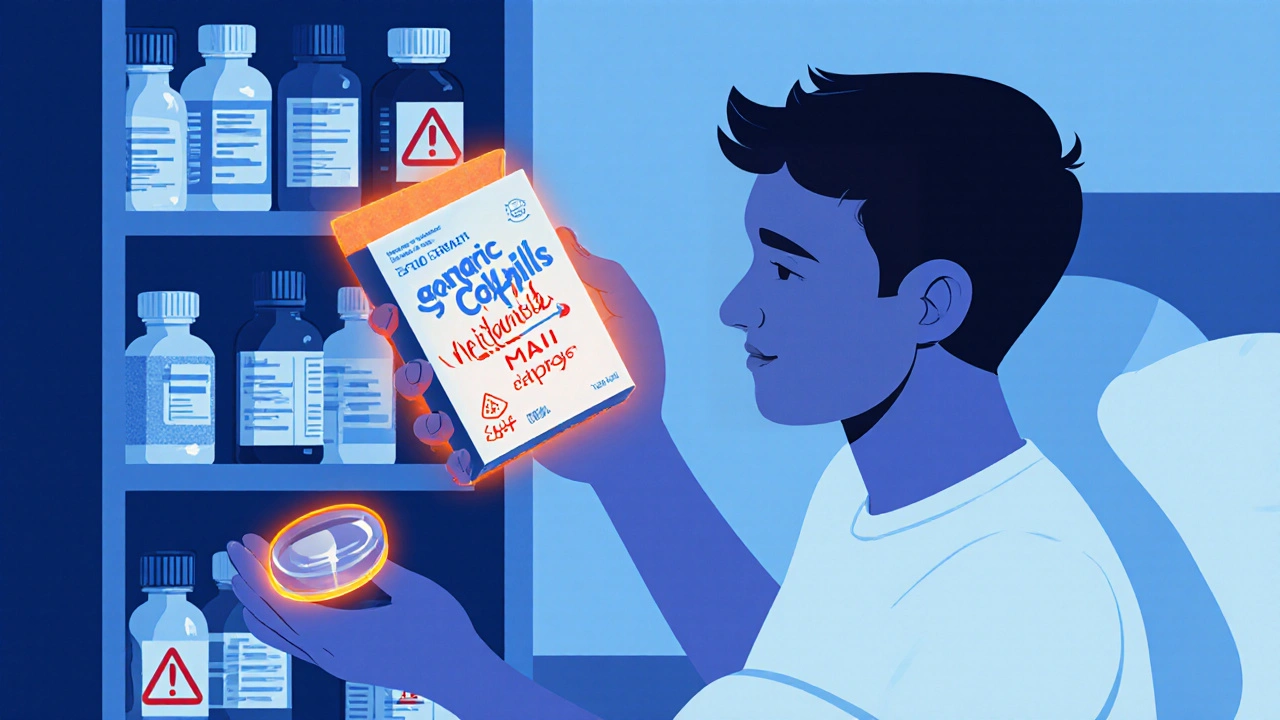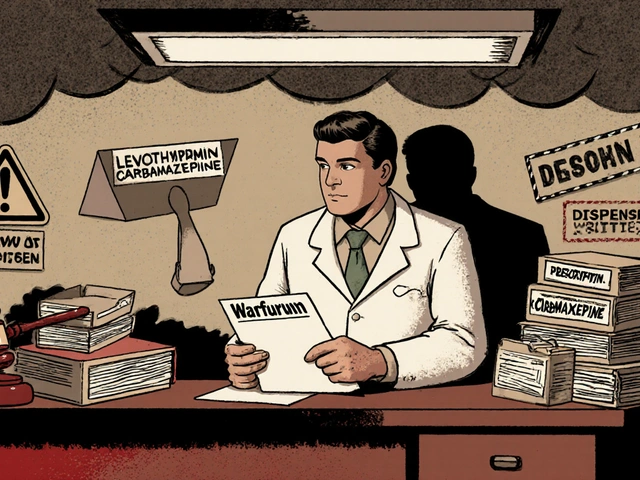Serotonin Syndrome: Causes, Risks, and What You Need to Know
When your body gets too much serotonin, a natural chemical that helps regulate mood, sleep, and digestion. Also known as serotonin toxicity, it’s not just a side effect—it’s a medical emergency that can happen fast. This isn’t about feeling a little more energetic after coffee. It’s about your nervous system going into overdrive because of how certain drugs interact. You don’t need to be on five meds at once for this to happen. Sometimes, just adding one new pill to your routine is enough.
Most cases link to SSRIs, a common class of antidepressants like sertraline or escitalopram, especially when mixed with other drugs that boost serotonin. That includes triptans, used for migraines, certain opioids, like tramadol or methadone, and even some herbal supplements like St. John’s wort. The problem isn’t the dose—it’s the combo. Even if you’ve been on your antidepressant for years, adding a new medication can tip the balance. And it doesn’t always show up right away. Symptoms can creep in over hours or days.
What does it feel like? You might notice shivering, sweating, a racing heart, or muscle stiffness. Some people get confused, agitated, or have bad diarrhea. In worse cases, your body temperature spikes, your blood pressure goes wild, and your muscles start twitching uncontrollably. These signs are easy to miss if you’re not looking for them. Doctors sometimes mistake it for the flu, a panic attack, or even a drug overdose. But if you’re on meds that affect serotonin and you feel off—really off—don’t wait. Get help fast.
This isn’t just about prescription drugs. People mix OTC painkillers, sleep aids, and supplements without realizing the risks. And while rare, serotonin syndrome is real, and it’s preventable. The good news? If caught early, it usually clears up with the right care. The key is knowing what to watch for and who’s at risk.
In the posts below, you’ll find clear, no-fluff breakdowns of how common medications like amitriptyline, buspirone, methadone, and even some antidepressants can interact in ways that raise serotonin levels. You’ll learn what combinations to avoid, what symptoms to track, and how to talk to your doctor before making any changes. No guesswork. No jargon. Just what you need to stay safe.

Learn how MAOIs interact with over‑the‑counter cold medicines, causing hypertensive crises or serotonin syndrome, and discover safe alternatives plus a practical patient‑education checklist.
Continue Reading




